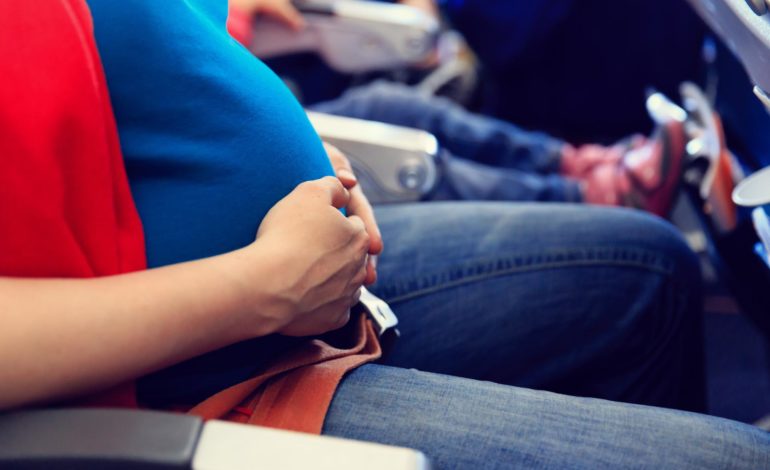By Kerry Ann Forbes, Staff Reporter

The Trump Administration partnered with U.S. consular officials on Jan. 23, targeting pregnant women traveling to the U.S. solely to give birth. Pregnant women will need to demonstrate legitimate reasons for entering the U.S. before they are granted a visa from the Department of State.
Under this new rule, pregnant women are forbidden from traveling to the U.S. unless they prove that they do not intend to give birth or have a “legitimate medical need to give birth in the U.S. because they cannot receive care near their home country.” They are also required to show that they can “pay for their medical, incidental, travel and living expenses” prior to gaining a visa.
Birth tourism is a term that is used to refer to a pregnant woman travels to the U.S. only to give birth so that her child acquires U.S. citizenship.
Since taking office, the Trump Administration has sought to implement stricter immigration policies.
This new rule leaves the public with many unanswered questions. How will U.S. consular officials prove that a woman is pregnant without any visual display of a baby bump? Will women be required to take pregnancy tests to show they are pregnant? Will this law truly crackdown on “birth tourism”?
According to the Center for Immigration Studies, “As many as 36,000 birth tourists come to the United States every year.”
Pinpointing the nationalities of birth tourists is rather covert because the act is done under-the-table. However, evidence points to China, Taiwan, Nigeria and Russia as the main sources of birth tourism.
A U.S. visitor’s visa lasts for ten years. They are only allowed to stay a maximum of six months per visit in the U. S. before they have overstayed their visit. Visitors are discouraged from traveling close to the date of their visa expiration.
The new visa rule will not affect pregnant women traveling from the 39 countries that are included in the U.S.’s visa waiver program, which are largely European. Pregnant women who already have a visitor’s visa will most likely face high scrutiny from immigration personnel at the airport.
However, a visa does not guarantee entry into the U.S., so immigration customs can turn down a pregnant woman if they believe her reason for entering the US is suspicious. Usually, a pregnant woman is not authorized to travel beyond 28 weeks or seven months into her pregnancy, so this helps to keep pregnant women with visas out of the U.S. before birth.
Trump will not reverse this new visa rule on birth tourism. Many have voiced concerns about the new policy being that this law specifically targets pregnant women.

